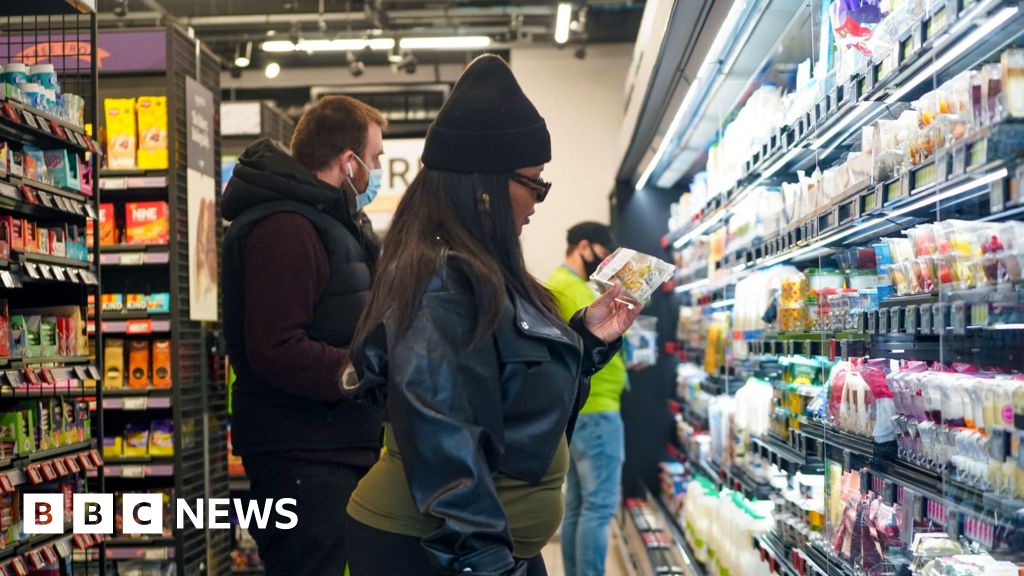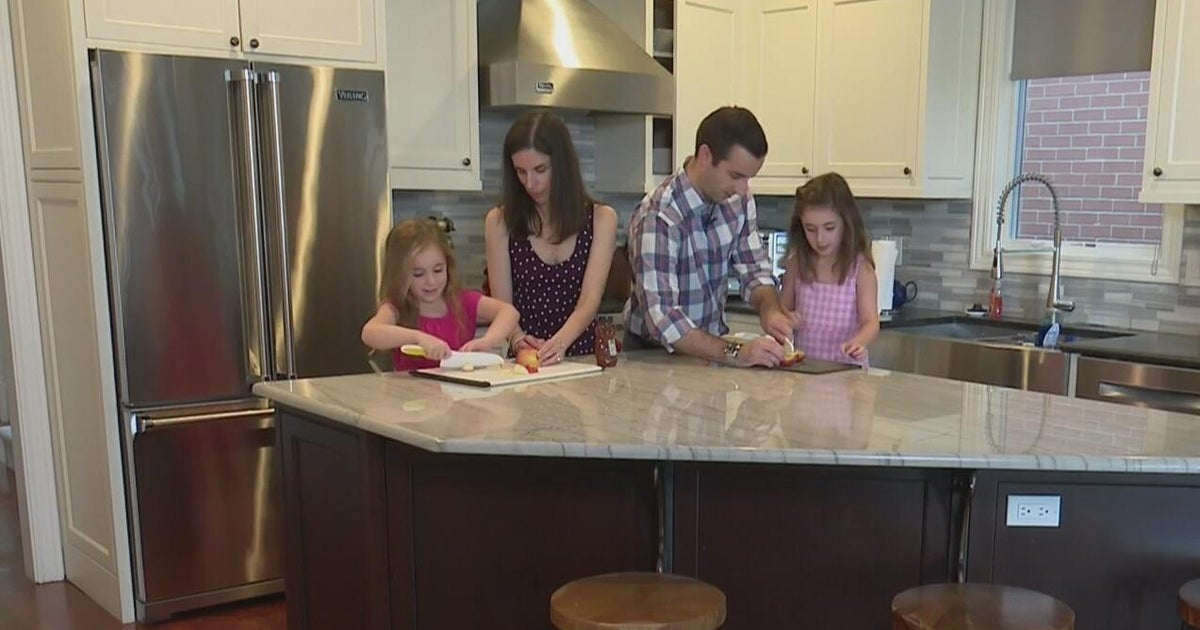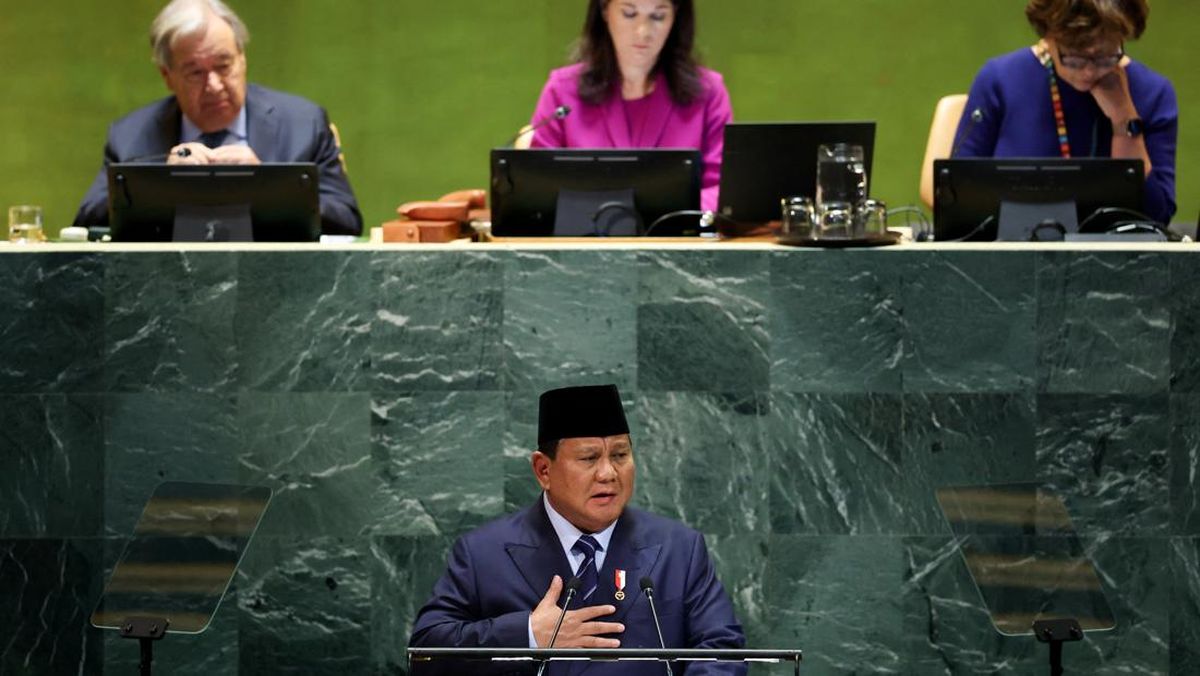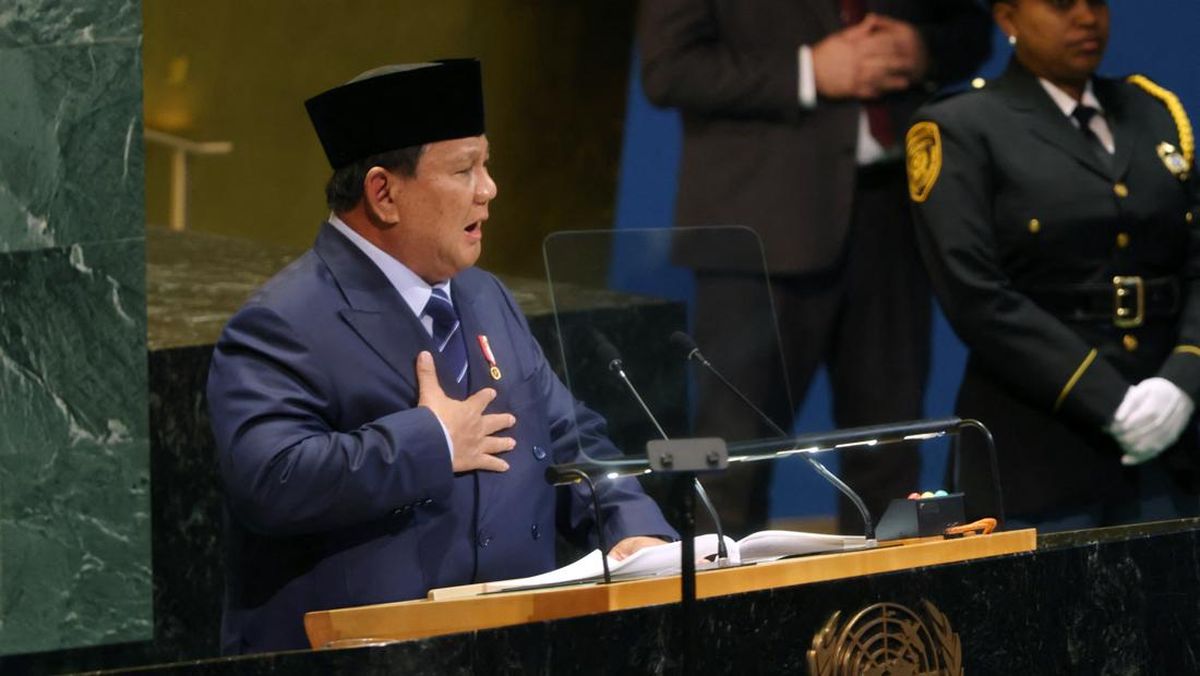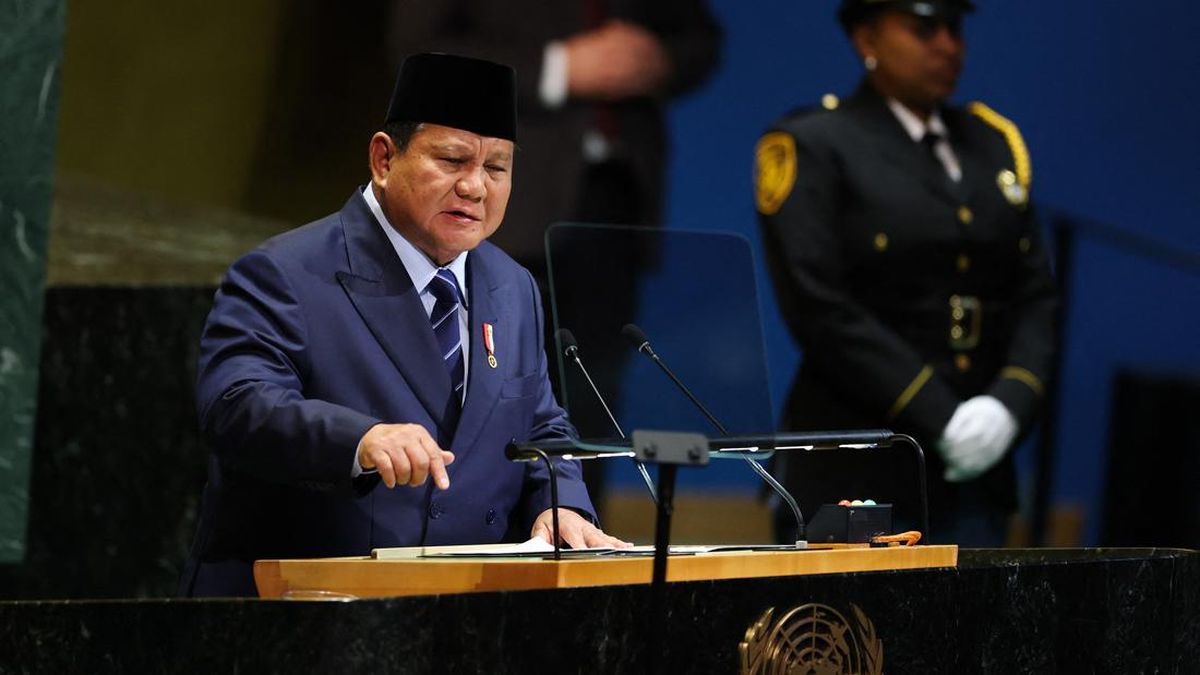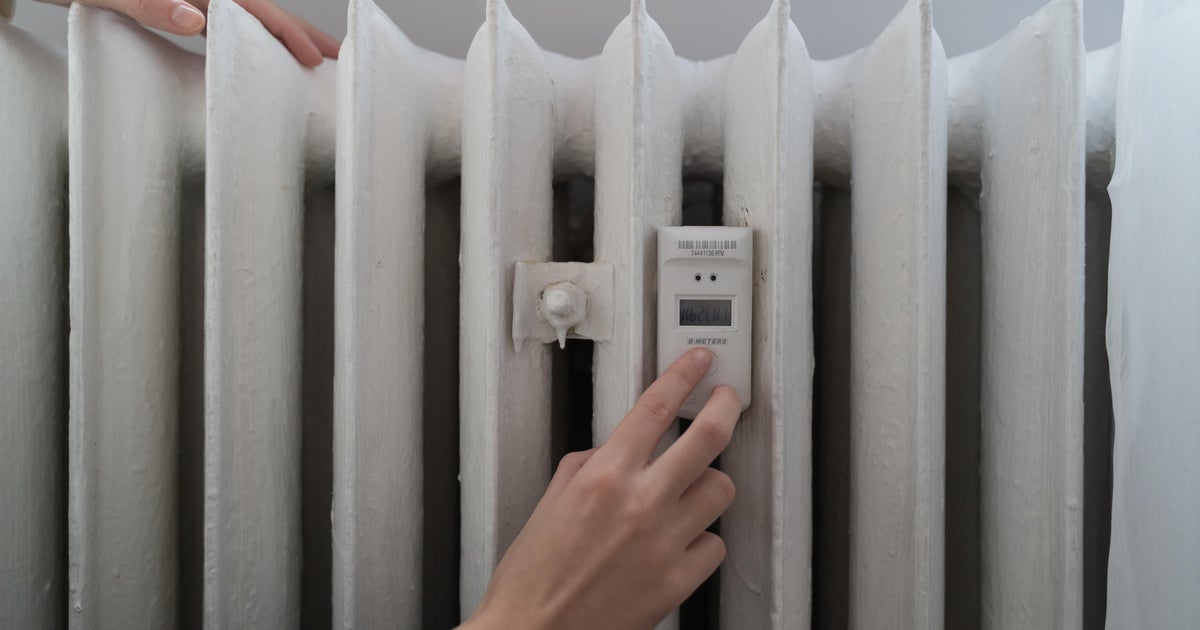Kathryn Armstrong and Helena WilkinsonNews correspondent
The Home Office has been refused permission to appeal against a temporary injunction blocking an Eritrean man from being removed to France as part of the "one in, one out" agreement between the two countries.
The 25-year-old, who arrived in the UK on a small boat in August, was due to be removed on 17 September and would have been among the first people sent to France under the pilot scheme.
But in a last-minute reprieve the High Court in London gave him at least 14 days to make representations to support his claim that he is a victim of modern slavery.
The government argued the injunction risked undermining the new returns policy, but the Court of Appeal ruled against Home Office lawyers.
Senior judges ruled they were satisfied that Mr Justice Sheldon - the High Court judge that granted the temporary injunction - had acted correctly.
The injunction had only been granted after the judge learned that Home Office officials had themselves told the Eritrean man he would not be expected to pursue his case from France.
That advice to the man from government officials meant an attempt to put him on a flight was contradicting the department's own decision to give him a short period of time to make further representations.
Today's hearing relates to that unusual situation and there has been no court ruling against the UK-France agreement or its principles.
The Eritrean man at the centre of Tuesday's hearing is said to have claimed he and his mother fled to Ethiopia in 2023 and that he faced harassment and threats from the local community there, before traveling to Sudan and Libya.
He then travelled through Europe to France, before arriving in the UK in August.
When asked if he had any medical conditions during his asylum screening interview, he said he had pain on his shoulder as he was hit with a small vehicle four years earlier.
Asked if he had been exploited, he answered "no".
Home Office lawyers said it was "only at the 11th hour there was suggestion of a trafficking claim" by the man - who has been granted anonymity - and that his asylum claim had been dismissed because he had travelled through France, a safe country.
"The judge's decision to grant interim relief, and for such a significant period in the context of this policy, causes real damage to the public interest and undermines a central policy objective," Kate Grange KC said on behalf of the Home Office.
Kate Grange KC said there was "considerable urgency" around small boat crossings due to a "significant and sustained increase" over the last two years.
The Home Office said that as recently as 9 September it was reported that three people, including two children, died after being crushed in an overcrowded boat.
Sonali Naik KC, who represented the asylum seeker, said the judge was "entitled to grant the order in the urgent circumstances he did, for the reasons he gave and for the period he did".
Ms Naik said the man's case "should be considered in its own context and on its own facts", adding that it did not have wider significance for others whom the government might seek to remove as part of the returns pilot scheme.
The "one in, one out" scheme was announced by Prime Minister Keir Starmer and French President Emmanuel Macron in July.
Under the treaty, France agreed to take back migrants who had travelled to the UK by small boat and had their asylum claim withdrawn or declared inadmissible.
For each person returned to France, the UK will accept someone with a case for protection as a refugee who has not attempted to cross the Channel.
While this removal has been delayed, the government has been successful in sending four others to France who had arrived in the UK on a small boat.
Last week, an Indian national was the first person to be removed, followed days later by another Eritrean man, despite a legal bid to delay his departure.
On Friday, Home Office sources said an Iranian male had also been returned to France, and on Monday the department said an Afghan had been returned earlier that day.
It is not known whether any people have been sent to the UK from France under the scheme. BBC News has contacted the Home Office for comment.
More than 30,000 people have crossed the Channel in small boats so far this year.

 2 hours ago
2
2 hours ago
2


